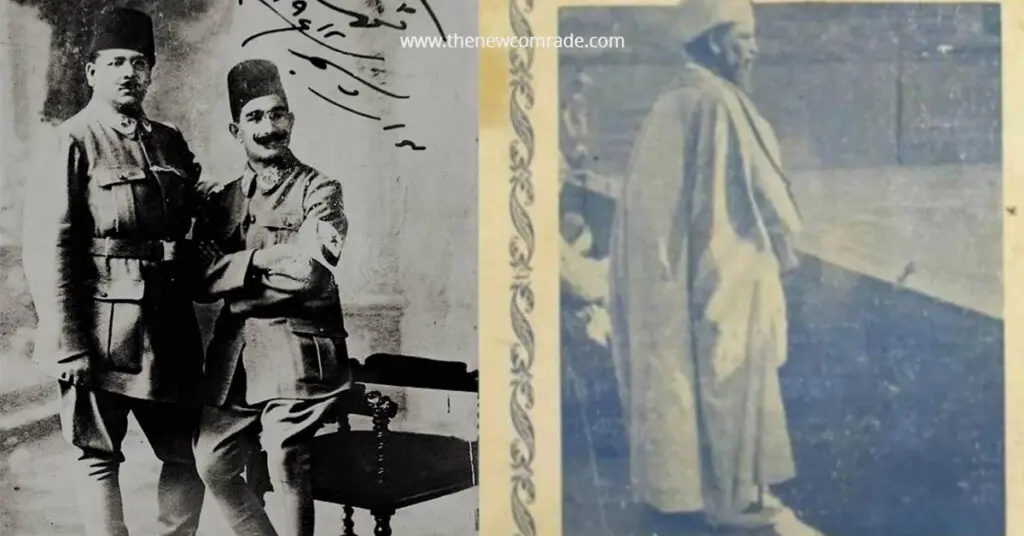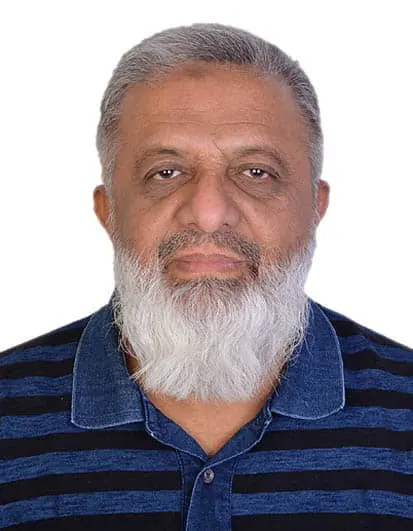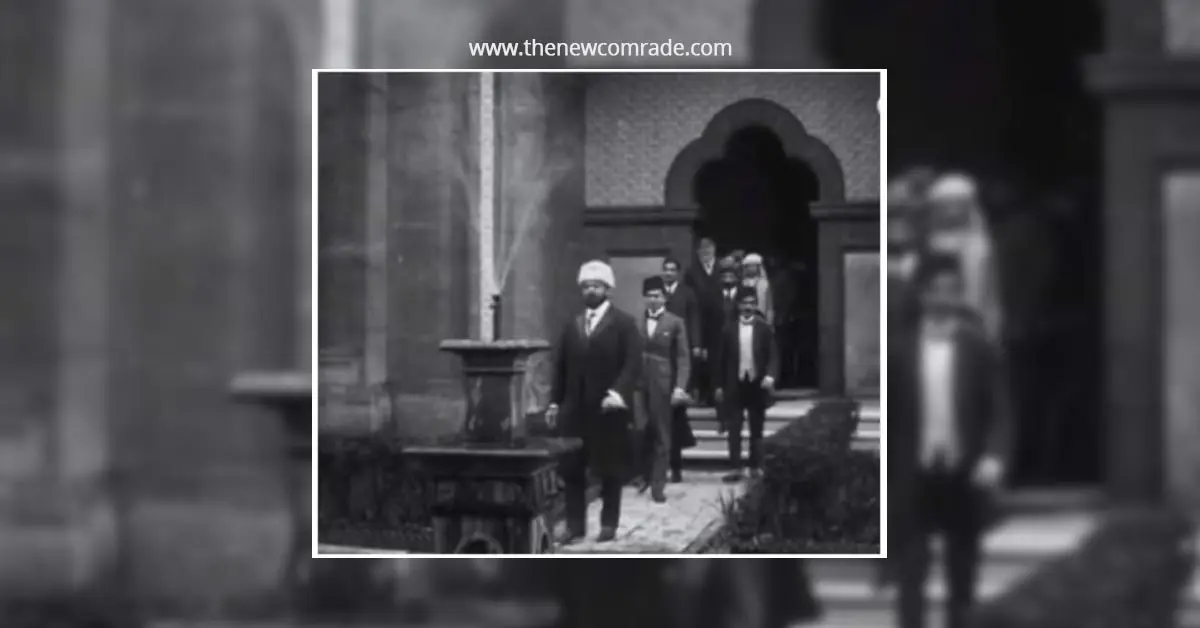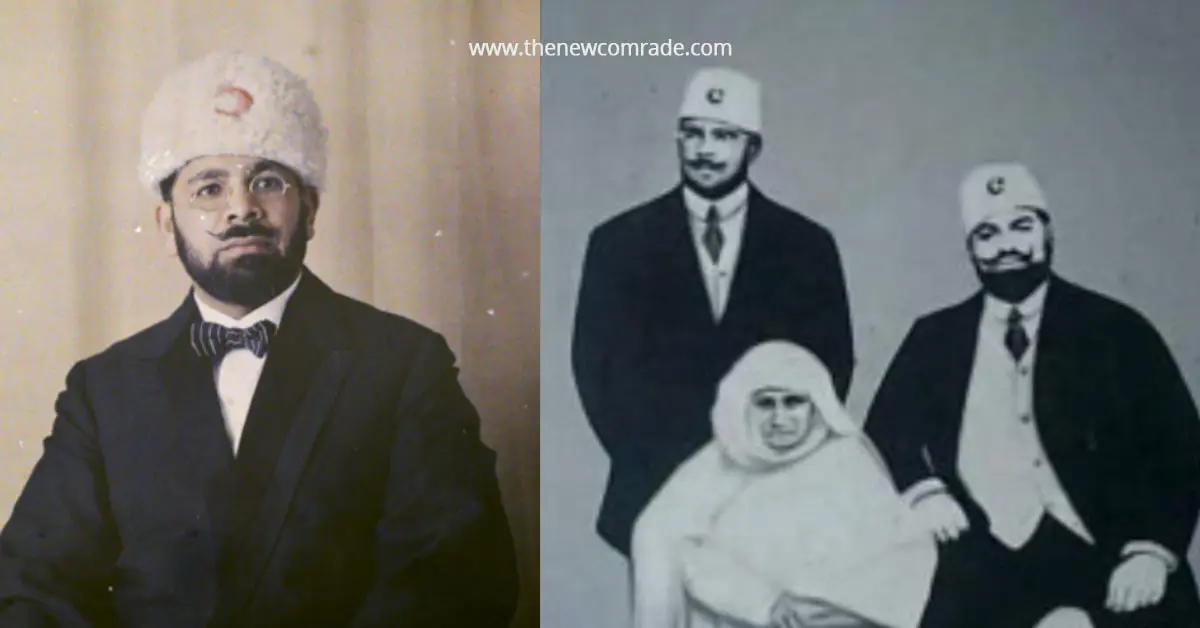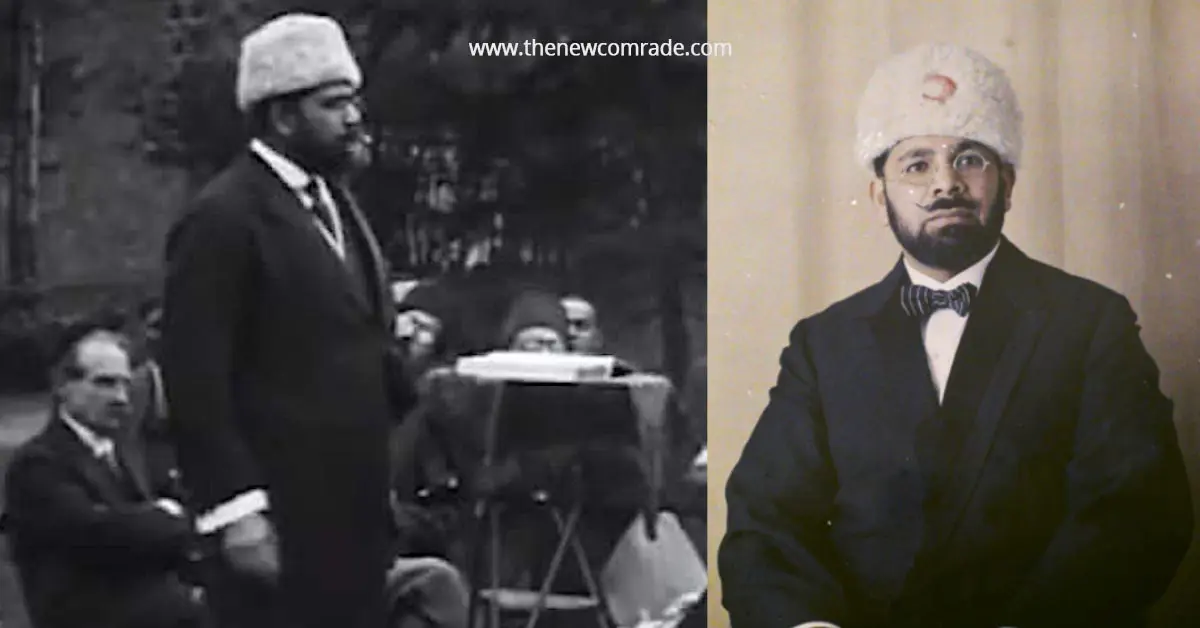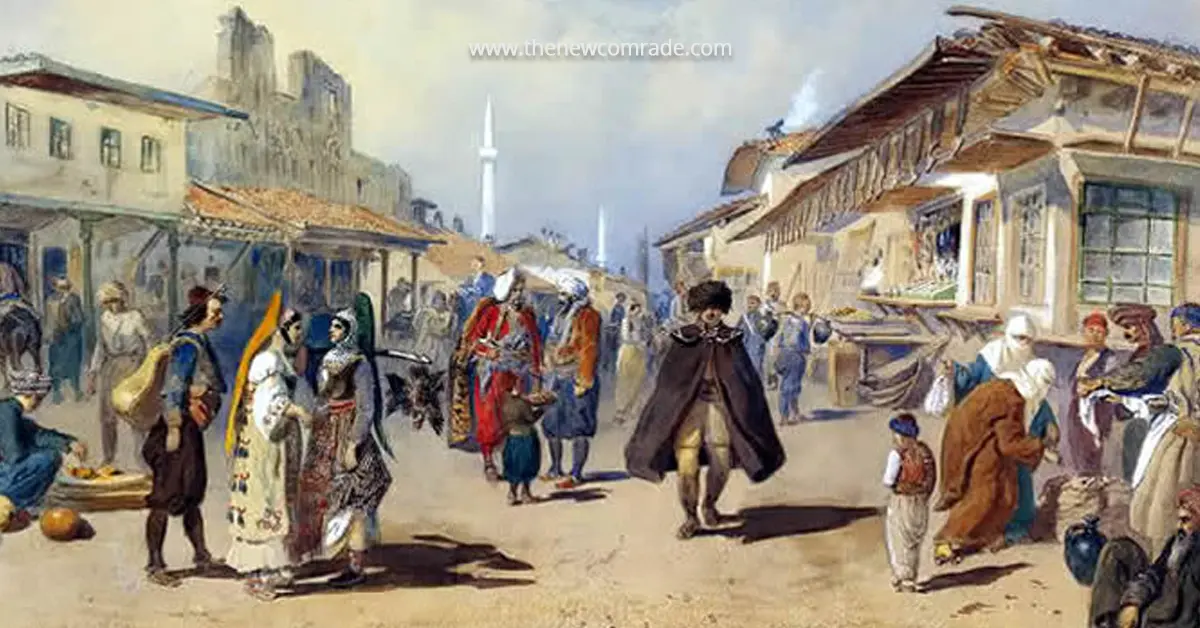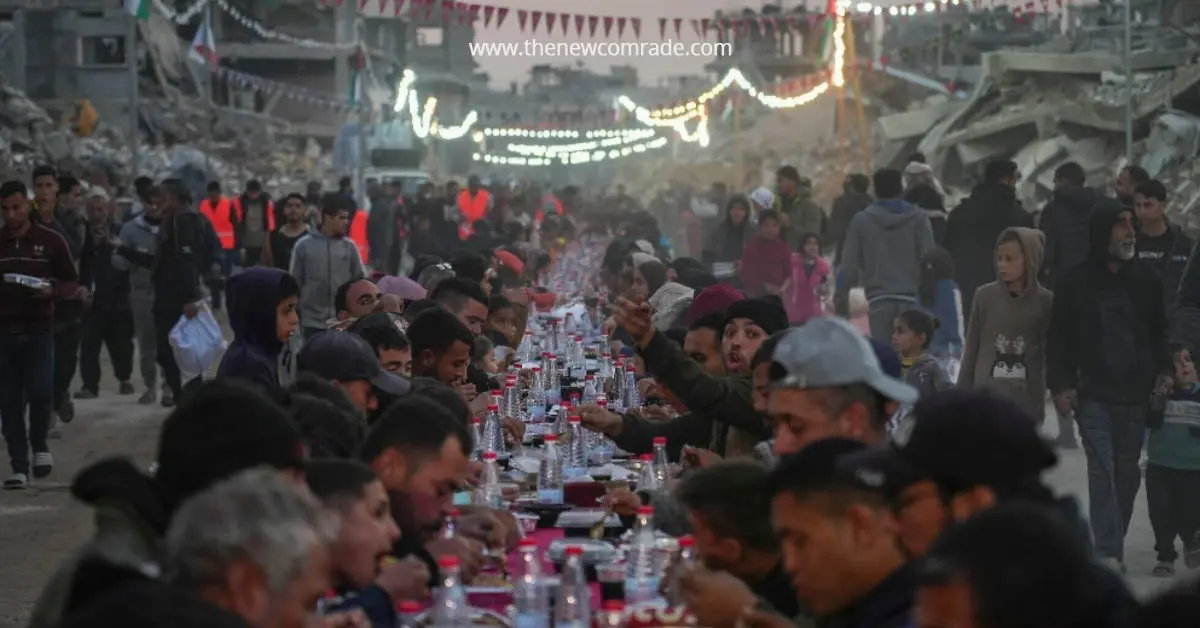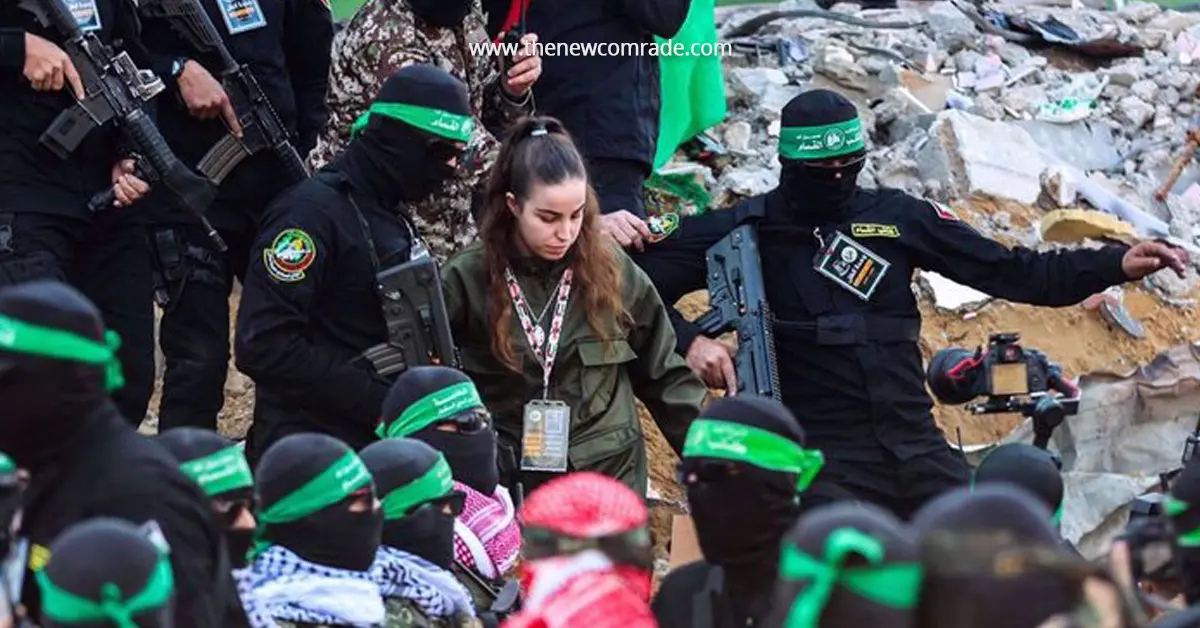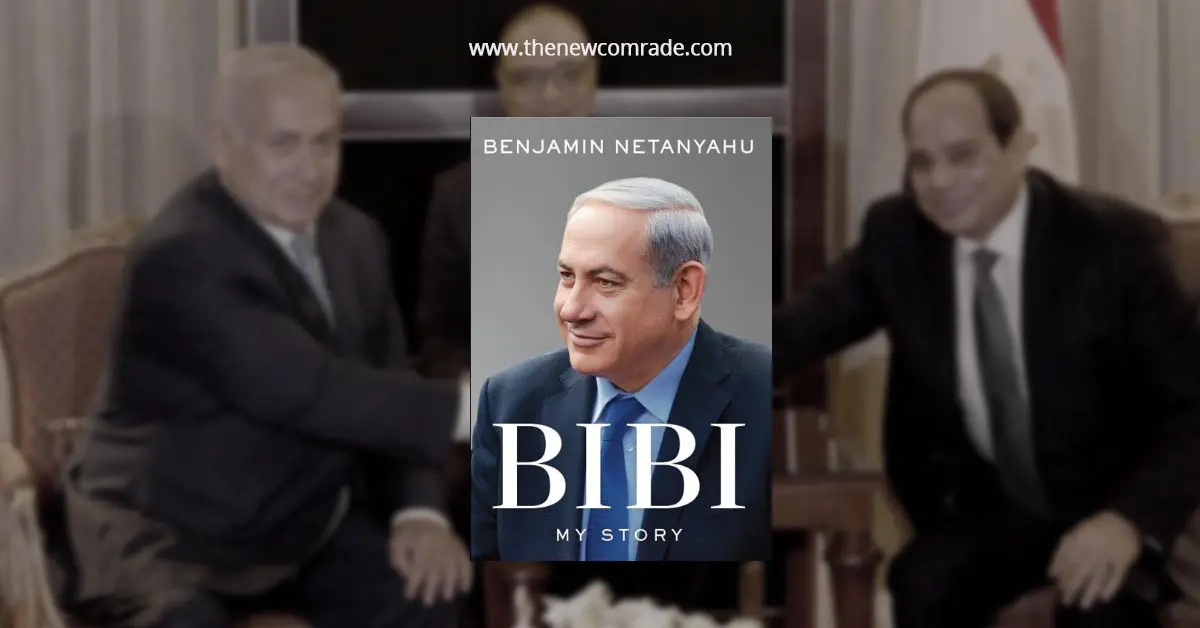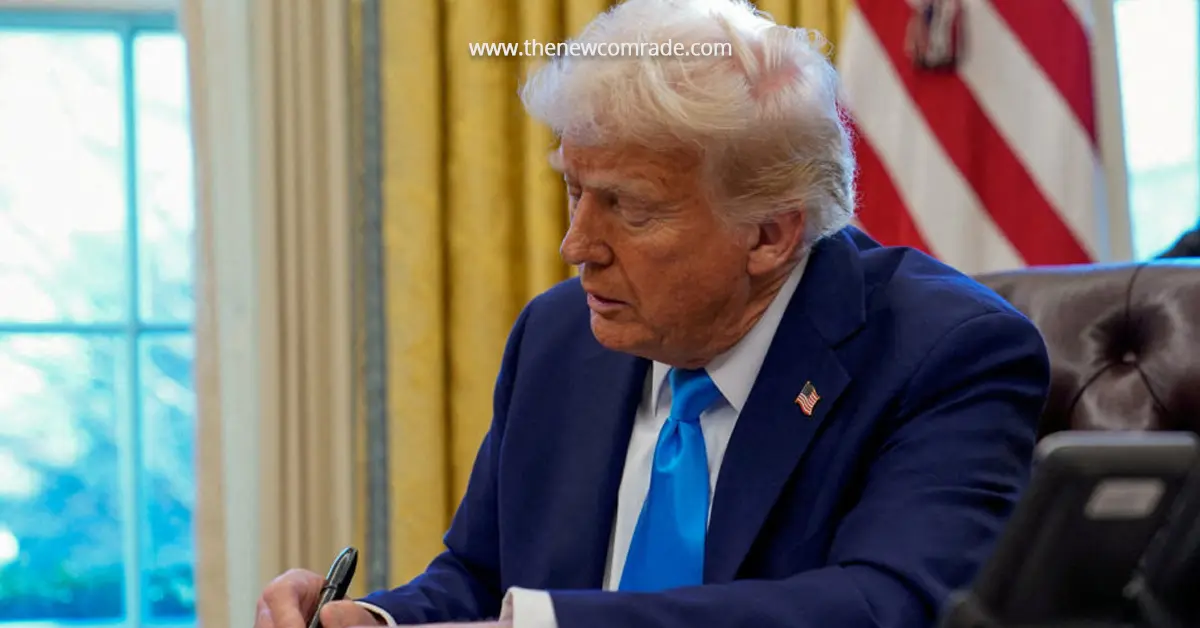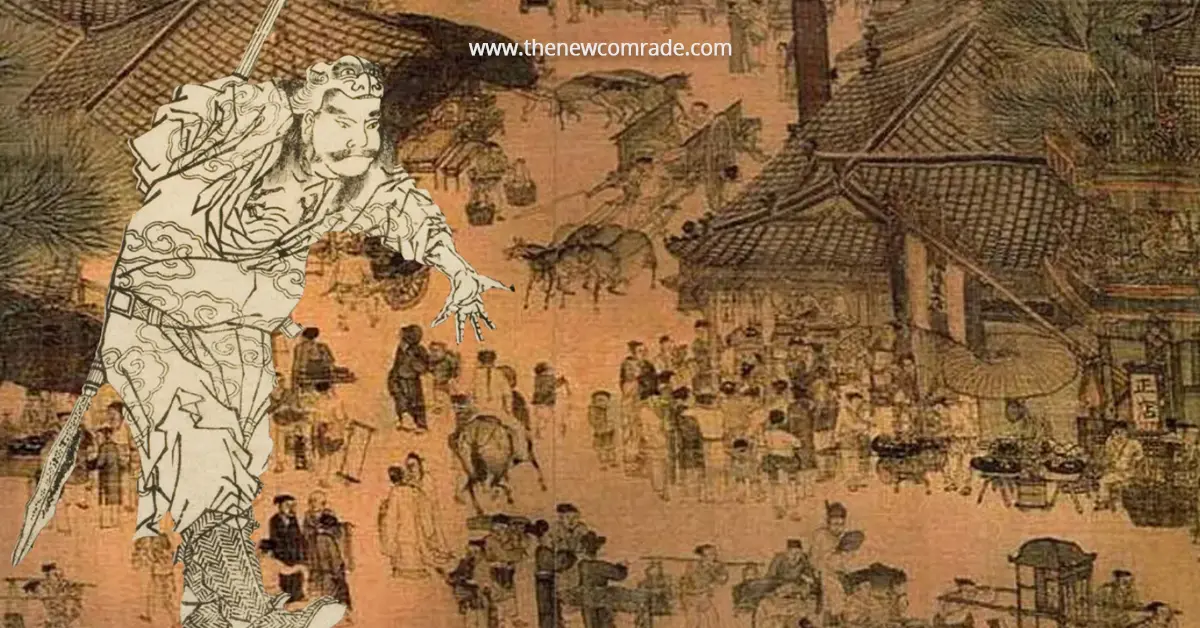Essential Doctrine of Islam
Such is the clear and undisputed law of Islam; and we had explained this to the Committee investigating our case when it had put to us a question about the religious duty of a Moslem subject of a non-Moslem Power when Jehad had been declared against it long before there was any motion of trouble on the Frontier, and when the late Ameer was still alive.
A Mussalman’s Faith—What It Is. One thing more has to be made more clear as we have since discovered that the doctrine to which we shall now advert is not generally known in non-Moslem and particularly in official circles as it ought to be. A Mussalman’s faith does not consist merely in believing in a set of doctrines and living up to that belief himself, he must also exhort himself to the fullest extent of his power, of course without resort to any compulsion, to the end that others also conform to the prescribed beliefs and practices. This is spoken of in the Holy Quran as Amr Bil Maroof Nahi Anilmunkar and certain distinct chapters of the Holy Prophet’s Traditions relate to this essential doctrine of Islam. A Mussalman cannot say I am not my brother’s keeper for, in a sense, he is and his own salvation cannot be assured to him unless he exhorts others also to do good and exhorts them against doing evil. If, therefore, any Mussalman is being compelled to wage war against the Mujahid of Islam, he must not only be a conscientious objector himself, but must, if he values his own salvation, persuade his brothers also, at whatever risk to himself, to take similar objection. Then and not until then can he hope for salvation. This is our belief as well as the belief of every other Mussalman, and in our humble way we seek to live up to it and if we are denied freedom to inculcate this doctrine we must conclude that the land where this freedom does not exist is not safe for Islam.
Now, this was the first charge we had brought against the Government. During the war Mussalmans have been required in defiance of their religious obligations (mark the word gentlemen) to assist Government in waging war against the Khalifa and those engaged in Jehad and what do you think the Viceroy did? He did not hang us under section 121, waging war against the king. He did not transport us for life under section 131. He simply got us out of internment and arranged that I should go to England and explain the same Islamic Law there to the Prime Minister and to other members of the Cabinet. But for the same we are now being tried for criminal conspiracy. What is the special offence in our case? What becomes of the case against the thousands and hundreds of thousands of millions of people—who are saying the same thing to-day. Why are not they with us? I have complained about the misjoinder of charges because too many accused are tried for too many offences. But you have not room enough in this Hall, nay in any hall to try each and every one of those together who say that it is his belief too—that it is his Dharma also. Aa I have said so often it is not a question of individual belief —it is not a question of my own individual belief—I who lived with Englishmen, who went to England to be educated at Oxford—I who was most friendly with the English people even—I have got to say it because it is a religious duty—even I have got to say that no Mussalman should serve in the British Army where he is forced to kill his own brethren for the advancement of unrighteousness. I said it then, and I say it now, that it is religiously unlawful. I said it then, I say it now, and I shall say it all the time. It does not matter if I am hanged for it and I hope when I am dead and gone my carcass will shout from the grave that it is the Faith of the Moslems.
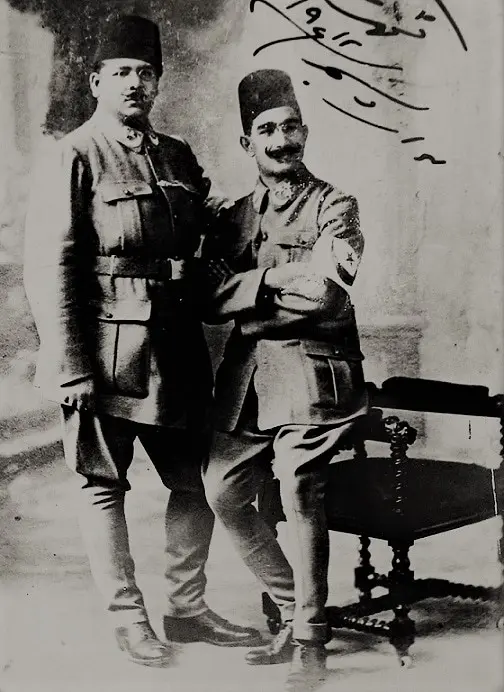
The Court here interrupted the Maulana saying something to the effect that he would not allow discourse on religious matters there.
M. M. Ali—Will you not permit me to refer to the law of the Quran? My Quran says this is the law. May I have it from you authoritatively that the law for a Muslim is not his Quran.
The Court—The law of the Quran is not the law of the country.
M. M. Ali—I plead justification for what I did. I am simply stating that my Quran enjoins on me to do what I have done.
The Court—That is not the law of the land.
M. M. Ali—What I am concerned with is this, that my law is to be the first law binding on me and I say that these three Proclamations give me protection.
The Court—I rule that against you.
M. M. Ali—I am very glad that you rule that against me. Not only has the Judge ruled against the king, but recently in the Legislative Assembly a Moslem Member proposed a Resolution recommending to the Government that no servant of the Government and particularly no Mahomedan soldier should be asked to go against the law of his religion, and what did the Viceroy do? He disallowed the resolution.
The First Charge
However, I now come to the first charge against us on which you have to sit here merely as Assessors. But in any case I can address you, Gentlemen, though I have now to address you as Assessors. You have been told and have seen for yourselves that not a single witness was put into the box to prove that there was at any time any agreement. My friend here asked you to take that on presumption. What presumption? Are you going to hang us merely for this presumption, for which there is not the slightest piece of evidence—absolutely none? No man—not a single witness—has said that he ever saw us, heard us or suspected us to be conspiring, agreeing to commit any offence. I was in England in the month of February, 1920, and probably on the very day I was interviewing the Officiating Secretary of State when a Conference was held in Calcutta, at which certain resolutions were passed. That was evidence against me. But I do not mind that. The Public Prosecutor no doubt read out section 10 of the Evidence Act to you. That section tells you, he said, that it is admissible as evidence against me. But my very amiable friend there (pointing to the Public Prosecutor) warns you to do something more. He is a very clever gentleman. But I knew what he was aiming at. He said it was evidence admissible against me?, what he meant not only that, but that you ought to accept everything as gospel truth. He asks you to simply believe every bit of evidence as true and, what is more, presume everything else required to prove the criminal conspiracy. Presumption has to do duty for proof and any evidence is sufficient to transport us for life. Gentlemen, I may tell you that I know nothing about the conspiracy, and when my brother went to Assam I did not know. I did not know of it until the Public Prosecutor got up and said that he would bring in a witness to prove this. It was for the first time I learned that my brother had gone there. The rascal! He goes there without my knowledge, and I am to be transported for life. That is the worst of being a younger brother (laughter). But even that is no proof of agreement to commit a criminal offence. You cannot presume that. It must be proved and proved without the shadow of doubt. As for the Karachi Conference my brother could have got off on the score of not having spoken. But the Public Prosecutor can fill that gap too.
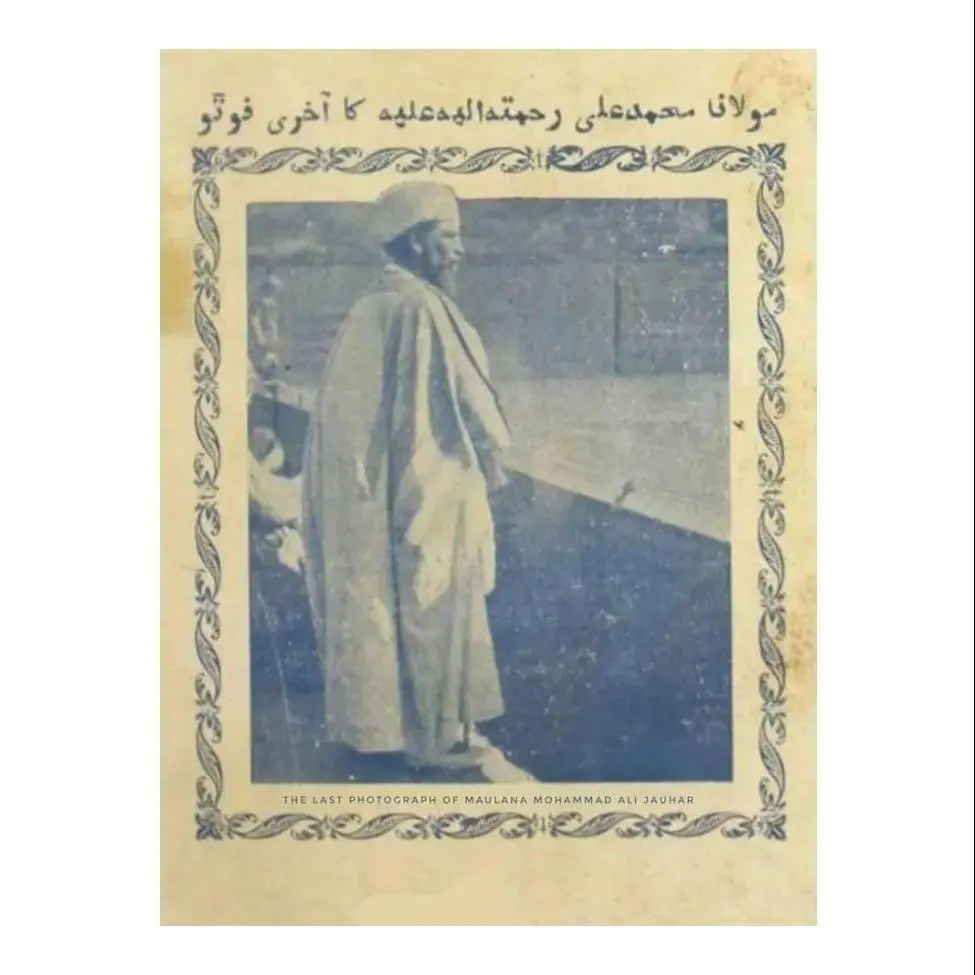
In Australia, there was a farmer who had a son— and I am afraid—not a very clever son. People heartlessly even called him a fool and wherever his father took him through his folly, the father got into a sort of disgrace. Once the father was invited to a feast and the son wanted to go too. But the father refused. He was afraid that his son would speak and would be found to be a fool and he would be once more disgraced. The son then promised that he would not utter a single syllable. And so his father at last consented to take the fool to the feast. The son went there and sat in a snug corner. Several persons put him several questions but the son did not, as he had promised his father, utter a single syllable in reply. So, when a man putting him another question one of the guests said, ” what is the use of asking this man any question. Can’t you see that he is a fool?” The son immediately shouted out at the top of his voice addressing his father who was at the other end of the table,—” Father, father, they have found it out. But I did not speak (laughter) so the Public Prosecutor too has found it out that my brother was a conspirator at the Karachi Conference though he did not speak (laughter).
(to be continued)
